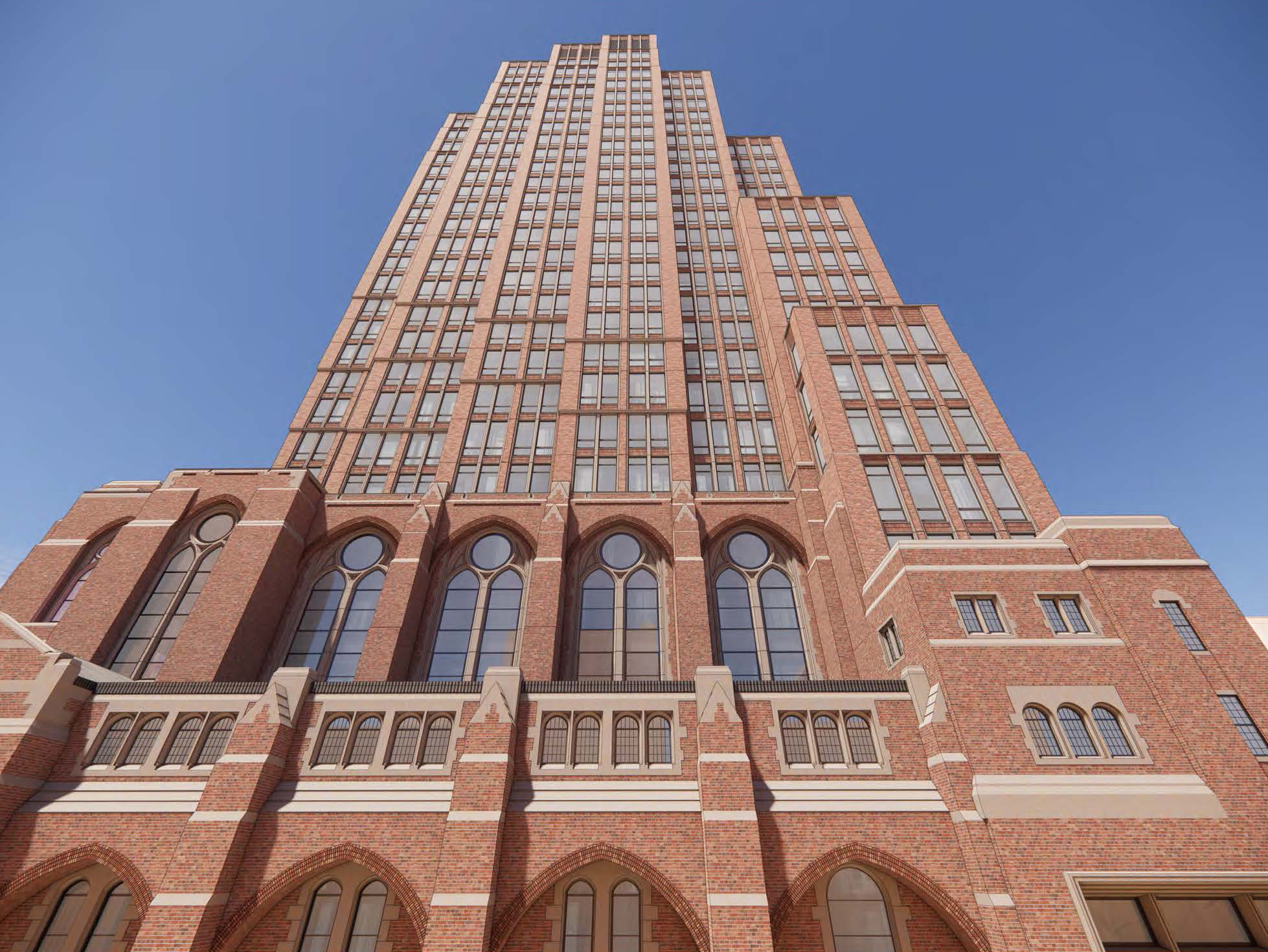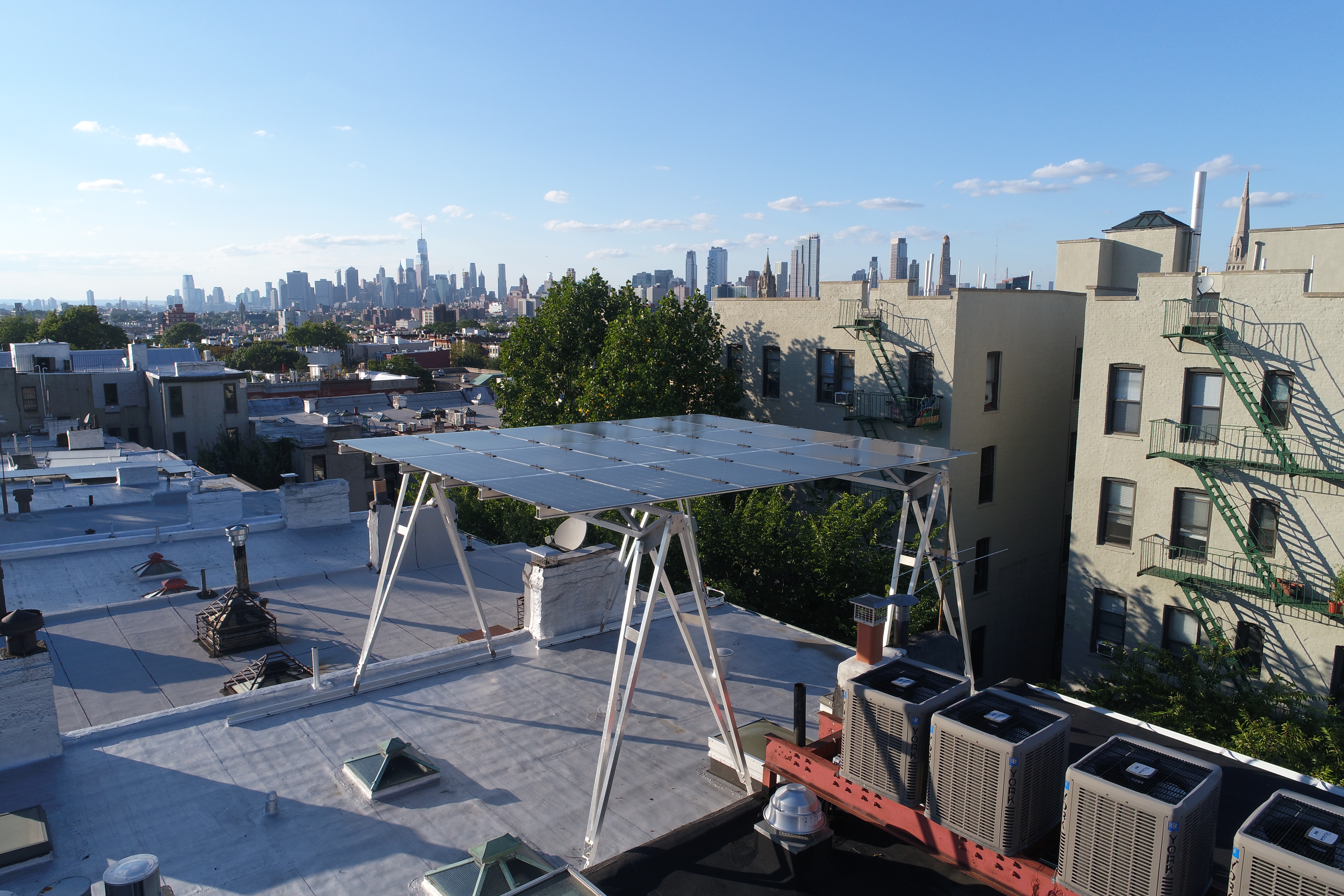The Failure of Metrotech, Eminent Domain and All
In the latest issue of urban-planning mag City Journal, writer Nicole Gelinas examines the role of eminent domain in the creation and destruction of cities. In the process, she looks back on the failed experiment known as Metrotech: Nearly two decades ago, Gotham decided to build a walled camp in the middle of a lower-class…

 In the latest issue of urban-planning mag City Journal, writer Nicole Gelinas examines the role of eminent domain in the creation and destruction of cities. In the process, she looks back on the failed experiment known as Metrotech:
In the latest issue of urban-planning mag City Journal, writer Nicole Gelinas examines the role of eminent domain in the creation and destruction of cities. In the process, she looks back on the failed experiment known as Metrotech:
Nearly two decades ago, Gotham decided to build a walled camp in the middle of a lower-class area of Brooklyn to lock white-collar jobs in. This project would accomplish two goals, pols thought. In addition to keeping jobs in New York, Metrotech would spark further development in a slummy neighborhood that never had grown on its own, despite its proximity to lower Manhattan. City and state officials used eminent domain to displace 250 owners and tenants so that developer Bruce Ratner could build the suburban-style office campus.
Metrotech tenants have received about $270 million in state and city subsidies (of which more than $200 million went to JPMorgan Chase). But Metrotech hasn’t kept the nation’s financial-services jobs in New York…Nor has Metrotech, completely cut off from the surrounding streetscape, encouraged the growth of an unsubsidized business community in its neighborhood. Metrotech is what it was when it opened: a suburban-style office campus carved out of inner-city downtown Brooklyn.
We actually don’t know that much about Metrotech–does everyone agree that it is an unmitigated disaster?
Taking Away Your Property for What? [City Journal]
4 Metrotech Center Photo [Scott Murphy]





seriously, just get rid of the blacks in the slums and watch the businesses boom. what do we really lose when we get rid of them? crime, slums, and the ghetto. sounds good to me
I rented on Bridge St. between Willoughby and Fulton for 7 years, until last spring, when I bought a coop in Clinton Hill. I don’t know what the area was like before Metrotech, but I don’t think Metrotech being built has improved the Fulton Mall area much. The things I liked about Metrotech were 1) a little bit of grass to walk my dog on; 2) the BAM R&B concerts in the summer (Booker T and the MGs, Jimmy Cliff, and the Staples Family!); 3) coffee at Au Bon Pain (although it was closed on weekends); the beautiful old Bridge St. church where Frederick Douglass spoke in 1863 (now the Polytechnic U. student union). The things I didn’t like were 1) the sometimes threatening security guards; 2) the vicious “bomb-sniffing” dogs after 9/11; 3) the crazy security barricades all around SIAC (sinister corporation that provides security for the NYSE) after 9/11; 4) the closure of Bridge Street between Tech Place and Tillary after 9/11. I don’t think anyone has mentioned it, but Metrotech became the new home of Giuliani’s vaunted “security bunker” after 9/11.
To Anon at 5:14 pm…I’m not sure whether you were serious about not knowing where the word “projects” comes from, but if you were, it’s short for “housing projects.” We don’t bother saying the housing part anymore, it’s a given.
“Also, Puca isn’t hiding behind an “anonymous” handle”
No, but you are and nearly everyone else here is, too -whether your screen name is “anonymous”,
“Babs”, “David”, or “Ratnerville” (who is actually Dan Goldstein), you’re still anonymous. It’s the content of the post that matters, not the name attached to it.
Anon at 9:12. Why don’t you consider (or at least think about) moving to Detroit or Hartford, or any of a number of cities where “big corporations” have left and taken jobs and investments and left the city to decay. Do you really think that you’d pay less taxes without corporations paying taxes and creating jobs. Not everyone is an entrepeneur, shop owner or consultant. And do you think that government can build housing for everyone without developers who are take risk and reap rewards (indeed some do fail and lose money). And how would government raise money to do all that, by raising your taxes? Printing more money?
well, since the commuter tax was abolished, the money for our schools, police, etc. isn’t coming from those Long Islanders mentioned in the above post.
I’m no expert, but I’d guess that since I’m not getting the tax breaks given to major corporations and big developers, possibly I and other regular bkyln residents like me are forking over a bigger percentage of our pennies.
There is a reason that developers are among the highest $ contributors to political campaigns, and I think to ignore that kind of influence is placing a little too much trust in our elected officials.
Golly some of you sound so damned provincial.
The jobs in Metrotech are mainly people from Long Island. So? NYC would be better off if company relocated there? I think you people have no concept of where city raises money for schools, police,etc. You’re only interested in the bubble you live in (your cute little neighborhoods) and can’t see NYC as a whole.
Provincialism.
Ditto Anon at 4:18. Puca is really NIMBY now that he or she has gotten in on the ground floor of a Boymelgreen project, a private venture (with risk and reward), that has in my view contributed nicely to PH and its economic stability. A little less whining and a little more personal investment (the whiners should get together and fund a development venture fund and build some housing consistent with their vision of urban planning) would make this City a better place.
To me the answer lies with these words from the City Limits article:
“…the program ended up taking applicants from all of Brooklyn because not enough nearby residents applied who fit the criteria–high school diploma, skills proficiency at a 10th-grade level, and motivation.”
Simply put, if jobs require a certain level of skill and education, or if local residents don’t even bother applying in the first place, then it’s not Ratner’s fault that residents of the “projects” (where does that word come from?) are unemployed. This is another example of how you can’t win with Ratner opponents. If jobs requiring a higher level of education are created and/or moved to an area, Ratner is slammed for failing to deliver on his promise of employing project residents; if those jobs are more in line with the educational level of these residents, then he is accused of providing “dead end” jobs. Yet another trap by Citizens Against Virtually Everything (CAVE).